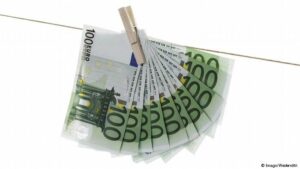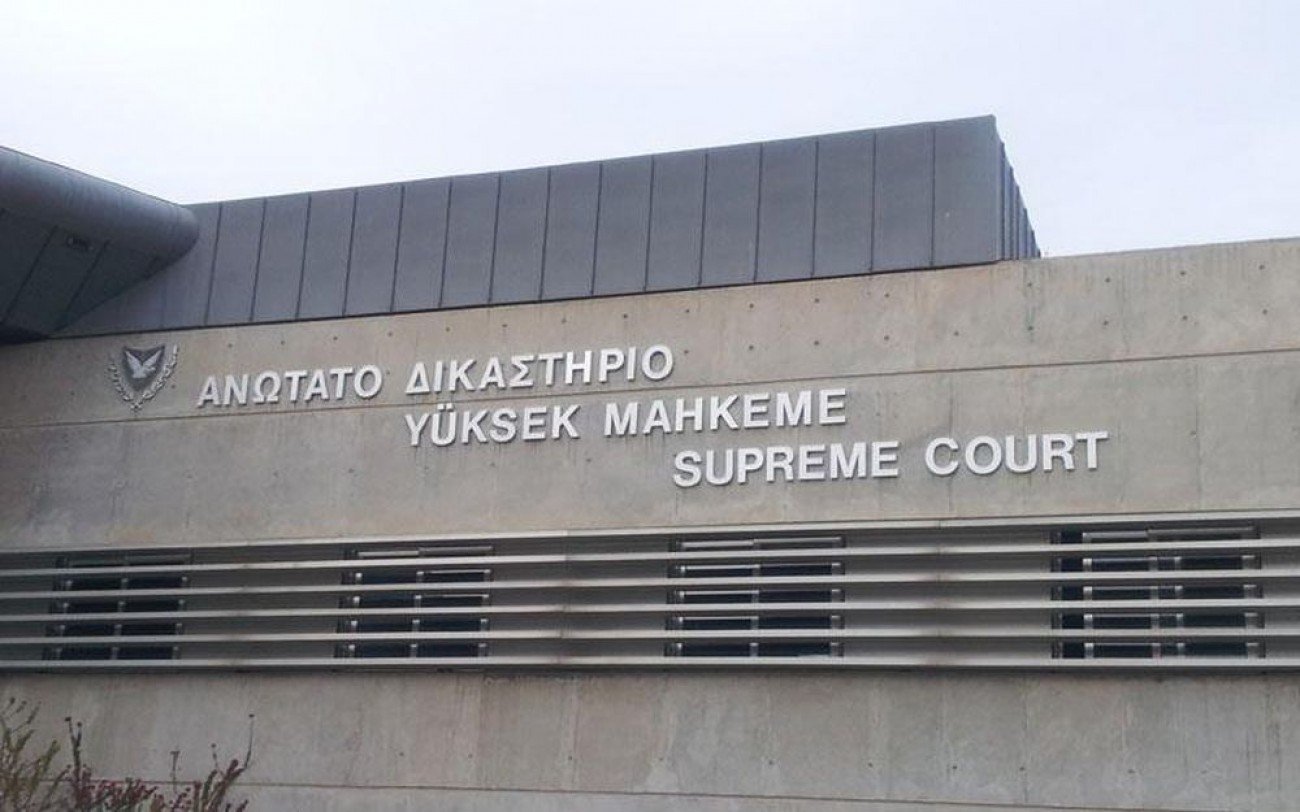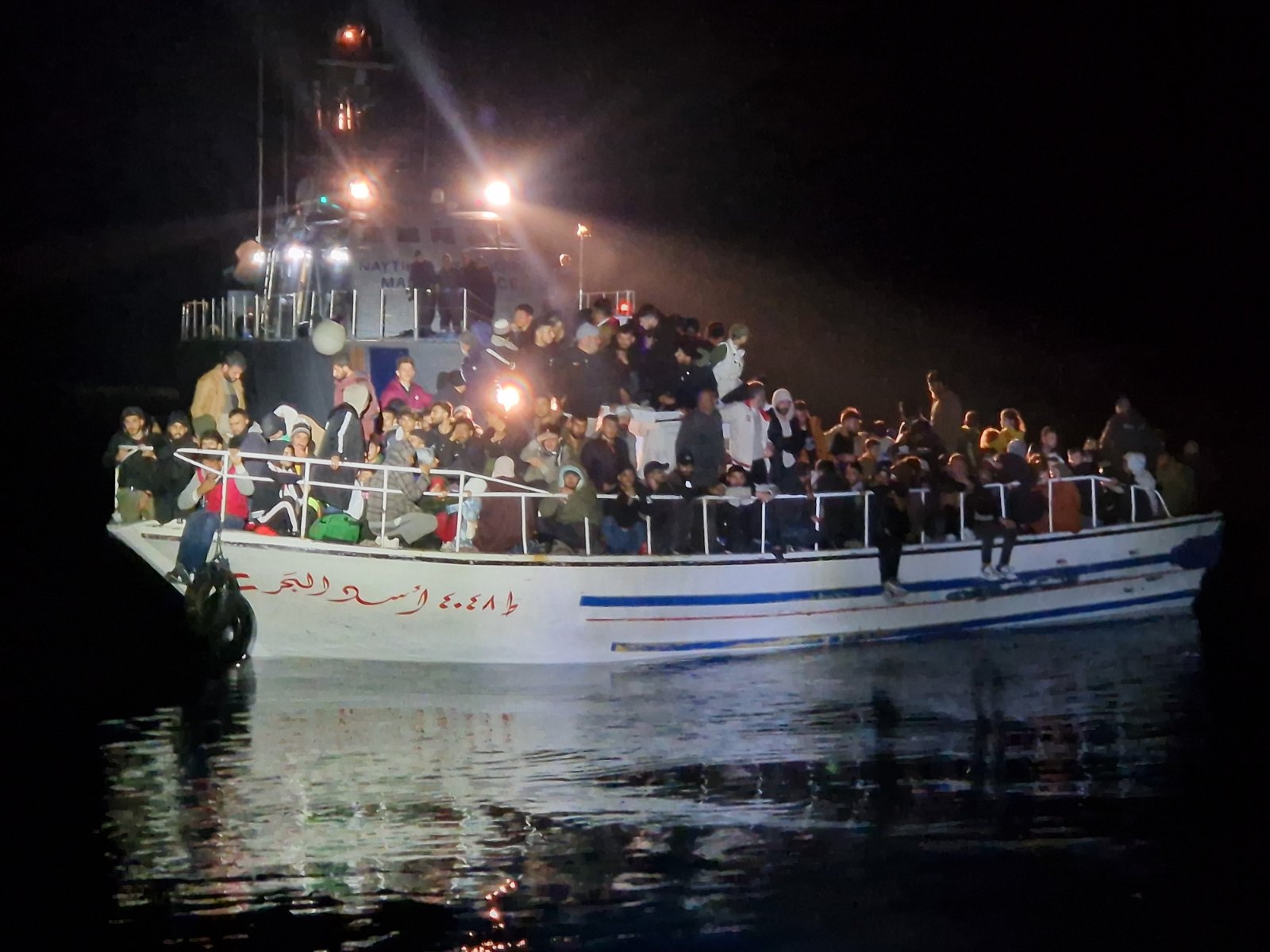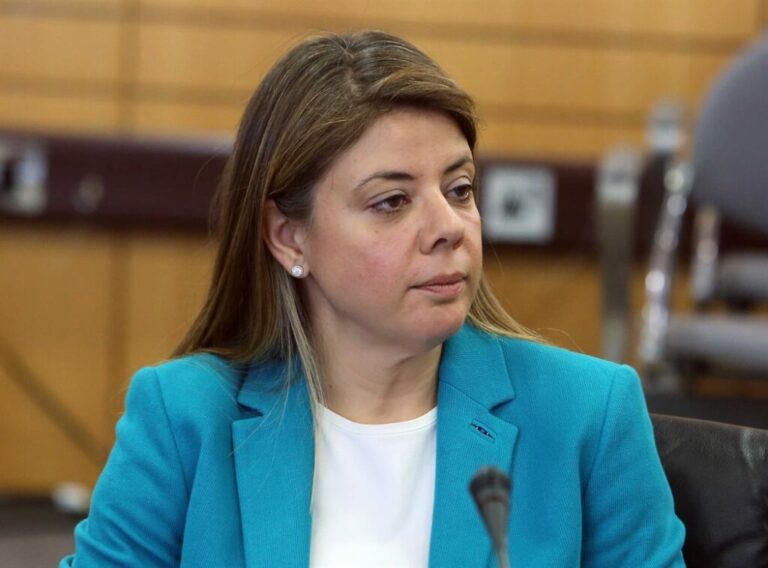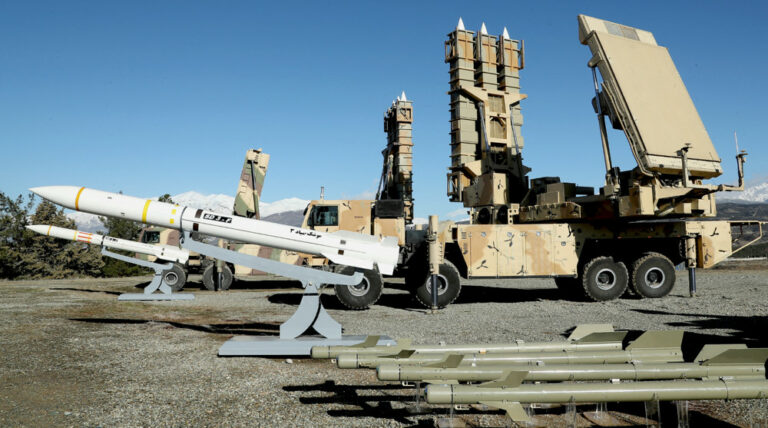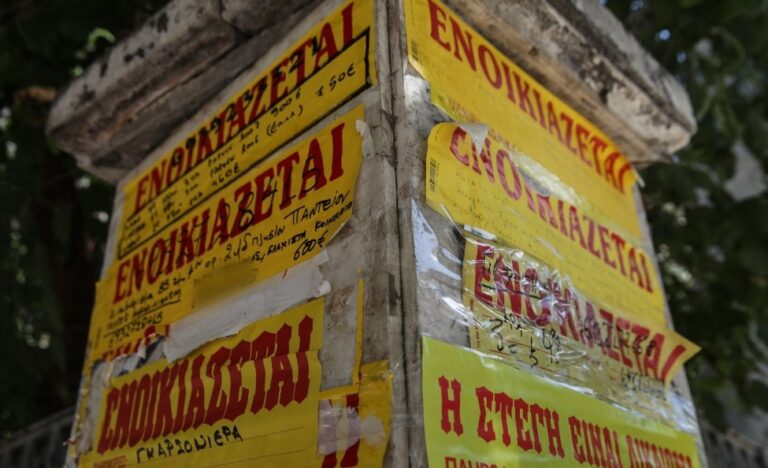The committee also calls for the establishment of an EU watchdog in charge of countering money laundering and financing of terrorism as at the moment member states don’t coordinate enough.
MEPs will debate the own-initiative report during the plenary session on 25 March and vote on it the next day. Once adopted, the report will be forwarded to the European Commission for consideration.
Money laundering
The proceeds from money laundering in the EU in various forms are estimated at €110 billion per year, corresponding to 1% of the EU’s total gross domestic product.
The special committee’s report comes after Europe was shaken in recent years by money laundering scandals involving European banks as well as numerous revelations by investigative journalists on tax evasion such as LuxLeaks and the Panama Papers.
Czech EPP member Luděk Niedermayer, one of the authors of the report, said money laundering cases always have an international dimension. “Due to a lack of cooperation and coordination among authorities within and between member states, those cases were not prevented, tackled at an earlier stage or investigated properly. It is often unclear who should take the lead.”
Danish S&D member Jeppe Kofod, the other author of the report, said: “This has led to a multitude of loopholes and legislative and supervisory blind spots. That is what we have documented in our work and that is what we are putting forward suggestions to address.”
The EU for sale?
The report also criticises so-called golden visa schemes operated by 18 EU countries. These schemes could be seen as offering rich foreign criminals a way to set up in Europe.
Not only do these programmes regularly involve tax privileges for the beneficiaries, but hey also grant them the opportunity to move freely within the Schengen zone which can be exploited to launder money and evade taxes.
Key findings
The Parliament’s tax committee produced the final report as its one-year inquiry mandate was coming to an end. “The sad conclusion is that Europe has a systemic problem with money laundering, tax evasion and tax avoidance,” said Kofod. “We have successfully created the world’s richest and most attractive internal market, with free movement of capital and services. But we still lack effective cooperation on cross-border supervision, investigation and enforcement.”
Fellow report author Niedermayer said the committee’s most notable findings were the amounts of money laundered, the banks involved and the approach of some member states to the transposition of EU legislation. He said he was also surprised by EU countries’ resistance to changes with a strong justification and the potential to create real benefits.
Edited by Bouli Hadjioannou

